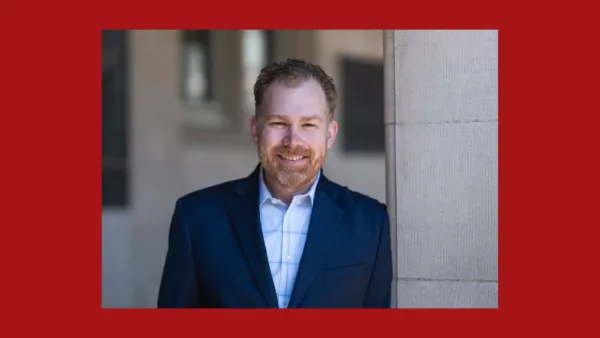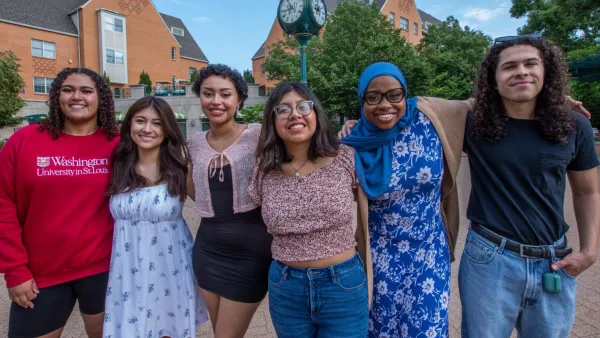Professor of Political Science, Jacob Montgomery, co-authored an article, "Partisanship and Older Americans’ Engagement with Dubious Political News," in the journal Political Opinion Quarterly. The article looks at older Americans connection with misinformation and why they're more likely to share that misinformation than younger Americans. Montgomery co-authored the piece with Benjamin Lyons (University of Utah) and Jason Refiler (University of Exeter). You can read the full article here.
Abstract:
Studies based on digital trace data show that older Americans visit and share dubious news sources far more often than younger cohorts, tendencies often attributed to lower levels of digital literacy. At the same time, survey experiments show that older Americans are no worse, if not better, at discerning between false and accurate news. If older Americans can identify misleading news content equally well, why are they still more likely to engage with it in observational settings? In this article, we combine survey measures and digital trace data for three nationally representative samples (N = 9,944) to argue that the existing literature overemphasizes the importance of factors like digital literacy relative to standard political variables such as political interest and partisanship, factors known to increase across the lifespan. Calcified partisanship in particular makes older Americans vulnerable to hyperpartisan news—which is highly slanted but not verified as explicitly false. High rates of engagement with this category of content, which has been examined in survey studies of older citizens less regularly in the literature, may partially explain the high rates of engagement with dubious news domains in behavioral trace data. In all, our findings have important implications for how we understand—and might intervene to reduce—high engagement among this cohort with dubious news.




